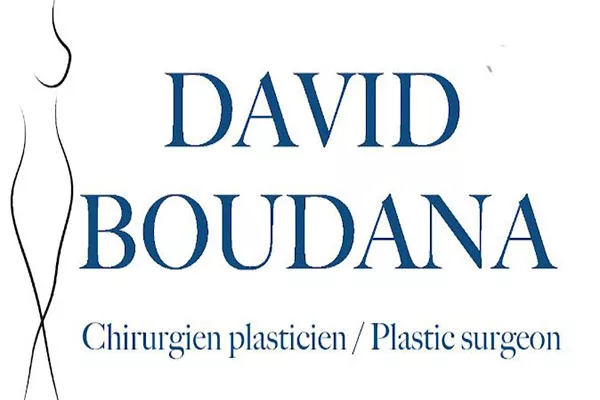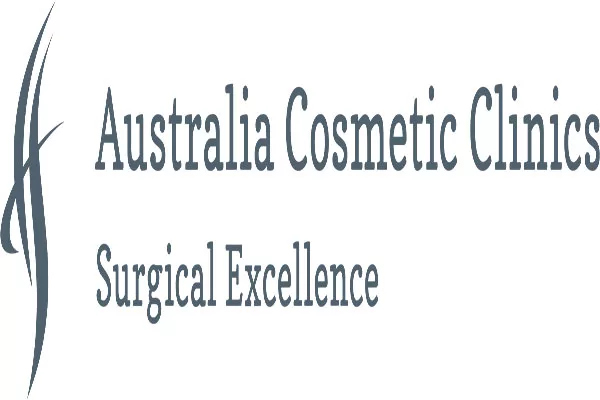Plastic surgery is a medical specialty that is focused on the restoration, reconstruction or alteration of the body. While many people turn to plastic surgery to enhance their appearance, there are some serious complications and problems associated with certain procedures. One such complication is breast implant illness, which refers to a range of symptoms that some women experience after getting breast implants. In this article, we will explore the causes and symptoms of breast implant illness, as well as treatment options and ways to prevent it from occurring.
What is breast implant illness?
Breast implant illness is not a single condition, but rather a collection of symptoms that may develop after getting breast implants. These symptoms can include fatigue, joint pain, hair loss, rashes, and flu-like symptoms. In some cases, women with breast implants may also experience autoimmune symptoms like those associated with lupus or rheumatoid arthritis. It is important to note that breast implant illness is not a recognized medical condition by the FDA, and there is still much that is unknown about this condition. However, many women have reported experiencing these symptoms after getting breast implants, and some have found relief after having their implants removed.
Causes of breast implant illness
The exact causes of breast implant illness are not fully understood. However, it is believed that certain components of breast implants may trigger an inflammatory response in the body, leading to the development of symptoms. Some possible causes that have been suggested include:
- Silicone leakage: If a silicone breast implant ruptures or leaks, it can release silicone particles into the surrounding tissue, which may trigger an immune response.
- Chemicals and toxins: Some breast implants contain chemicals and toxins that may be harmful to the body over time.
- Infection: In rare cases, a bacterial infection may develop around the breast implant, leading to inflammation and other symptoms.
- Autoimmune response: Some women may have a genetic predisposition to autoimmune disorders, which may be triggered by the presence of a foreign object (i.e. breast implant) in the body.
It is important to note that breast implant illness is not caused by breast cancer or other breast-related conditions, and is not a sign of breast implant failure.
Symptoms of breast implant illness
The symptoms of breast implant illness can vary from person to person and may develop soon after implant surgery or years later. Some common symptoms of breast implant illness include:
- Fatigue
- Joint pain
- Hair loss
- Rash or skin irritation
- Fluctuating weight
- Flu-like symptoms (fever, body aches, etc.)
- Muscle weakness
- Cognitive difficulties (brain fog, memory problems)
- Depression and anxiety
- Autoimmune symptoms (i.e. joint swelling, muscle inflammation)
It is important to discuss any concerns about symptoms with a healthcare provider.
Diagnosis of breast implant illness
Because breast implant illness is not yet recognized as a specific medical condition, there is no standard procedure for diagnosing it. If you are experiencing symptoms that you believe may be related to your breast implants, it is important to see a healthcare provider who is knowledgeable about this issue. Your healthcare provider will likely perform a physical exam and may order blood or imaging tests to rule out other conditions that may be causing your symptoms. If no other cause is found for your symptoms, your healthcare provider may consider breast implant removal as a treatment option.
Treatment of breast implant illness
The only known cure for breast implant illness is the surgical removal of the breast implants. For some women, removing the implants and their surrounding scar tissue can provide relief from the symptoms of breast implant illness. In some cases, additional treatment may be necessary to address any underlying autoimmune conditions that may be contributing to symptoms.
It is important to note that not all women with breast implants will develop breast implant illness, and not all women with breast implant illness will find relief from their symptoms by having their implants removed. Treatment decisions should be made on a case-by-case basis in consultation with a healthcare provider.
Prevention of breast implant illness
Because the exact causes of breast implant illness are not fully understood, it is not possible to completely prevent this condition from occurring. However, there are some things that you can do to reduce your risk of developing symptoms:
- Choose a reputable surgeon: Be sure to choose a board-certified plastic surgeon who has experience performing breast implant surgeries.
- Discuss your concerns: Talk to your surgeon about any concerns you may have about breast implant illness or other complications associated with breast implants.
- Choose your implants carefully: There are different types of breast implants available, and some may carry a higher risk of complications than others. Your surgeon can help you choose the type of implant that is best for you.
- Keep an eye on your implants: If you notice any changes in the appearance, size, or feel of your breast implants, be sure to bring them to the attention of your healthcare provider right away.
- Monitor your health: Be aware of any changes in your health or the development of new symptoms that may be related to your breast implants.
Conclusion
Breast implant illness is a complex and somewhat controversial issue that has not yet been fully understood by medical professionals. However, many women with breast implants have reported experiencing symptoms that may be associated with this condition. If you are considering breast implant surgery, it is important to discuss the risks and benefits with a knowledgeable healthcare provider. If you are experiencing symptoms that you believe may be related to your breast implants, be sure to seek medical attention from a provider who is familiar with this issue. While breast implant illness is not yet fully understood, removing the implants is the only known cure for this condition.
Additional Resources
If you are seeking further information about breast implant illness, the following resources may be helpful:
- Breast Implant Illness Facebook Group: This private Facebook group provides support, resources, and information for women who are experiencing symptoms related to breast implants.
- Breast Implant Information: This website offers resources and information about breast implants, including the risks and benefits of various types of implants.
- American Society of Plastic Surgeons: This professional organization provides information about plastic surgery procedures, including breast augmentation.
- FDA: The Food and Drug Administration provides information about breast implant safety and potential risks associated with breast implants.
It is important to approach these resources with a critical mindset, as not all information available online may be accurate or reliable.
References
- Breast Implant Illness Facebook Group. Retrieved from https://www.facebook.com/groups/BreastImplantIllness/
- Breast Implant Information. Retrieved from https://www.breastimplantinfo.org/
- American Society of Plastic Surgeons. (2019). Breast Augmentation. Retrieved from https://www.plasticsurgery.org/cosmetic-procedures/breast-augmentation
- Food and Drug Administration. (2020). Breast Implants – Certain Labeling Recommendations to Improve Patient Communication. Retrieved from https://www.fda.gov/regulatory-information/search-fda-guidance-documents/breast-implants-certain-labeling-recommendations-improve-patient-communication.







